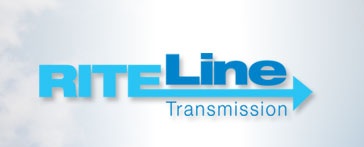By Michael Brooks

The RITELine Project, a joint venture by Exelon and American Electric Power, is a proposed $1.6 billion 765-kV transmission line stretching from northern Illinois, through Indiana and into Ohio. The companies say it would allow the integration of 5,000 MW of wind generation.
The companies had sought an ROE of 12.7%, which included a base ROE of 10.7% plus certain incentive adders.
FERC’s 2011 order approved a total rate of 11.43%, including some adders and a base rate of 9.93%.
FERC granted only a 100-basis-point adder “to compensate for the risks and challenges associated with investing in new transmission,” rather than the 150 basis points it had previously granted for such risks. The commission said a reduced adder was justified because the incentives it had included reduced the project’s financial risks.
In their rehearing request, the companies argued that this represented a substantial change in how FERC grants incentives for transmission projects, and that the commission had failed to adequately explain it.
In last week’s order denying rehearing (ER11-4069), the commissioners rejected the companies’ contention that reduction of the risk adder “represents a departure from commission policy; there is no policy guaranteeing a project 150 basis points, but rather any ROE adder depends on the risks and challenges of that particular project.”
In a partial dissent, Moeller said the commission had made “a significant policy change without justification for that change.” “If we are going to produce less carbon dioxide when generating electricity, we’ll need more transmission lines to move cleaner sources of power to those who need it,” Moeller continued. “This action thus sets up a collision between two federal agencies that regulate the energy industry. That is, while the Environmental Protection Agency is moving to limit carbon dioxide, which will require more transmission lines, this commission is changing its policies on transmission incentives in a manner that actually discourages the very transmission that will be needed to satisfy EPA requirements.”



